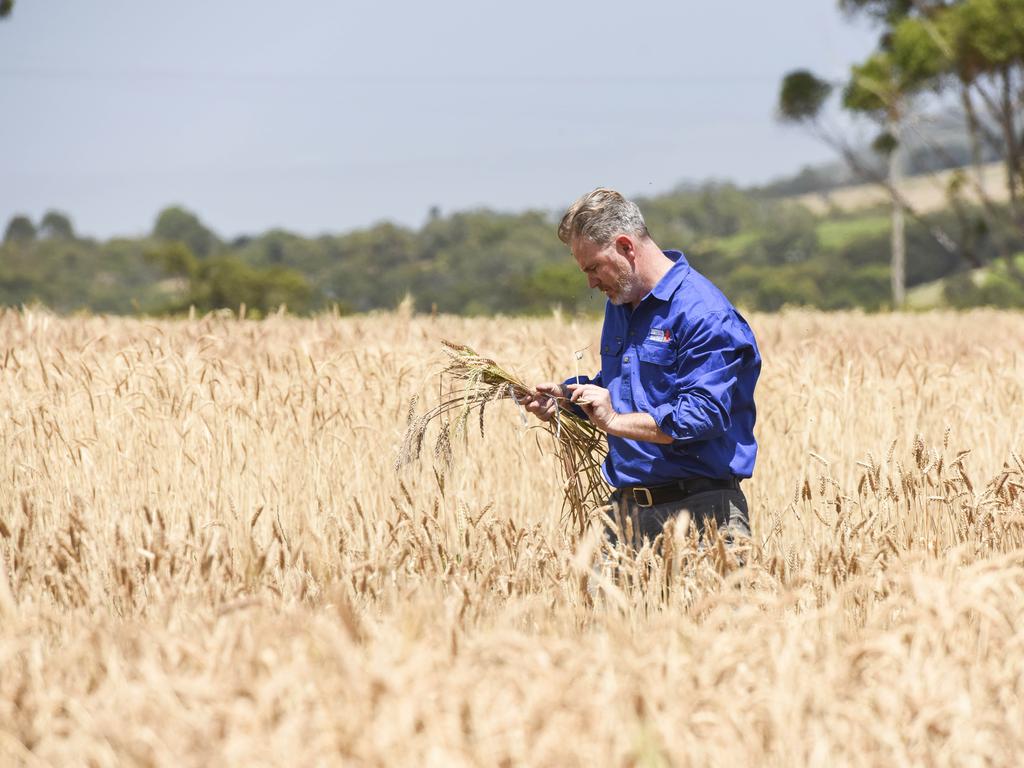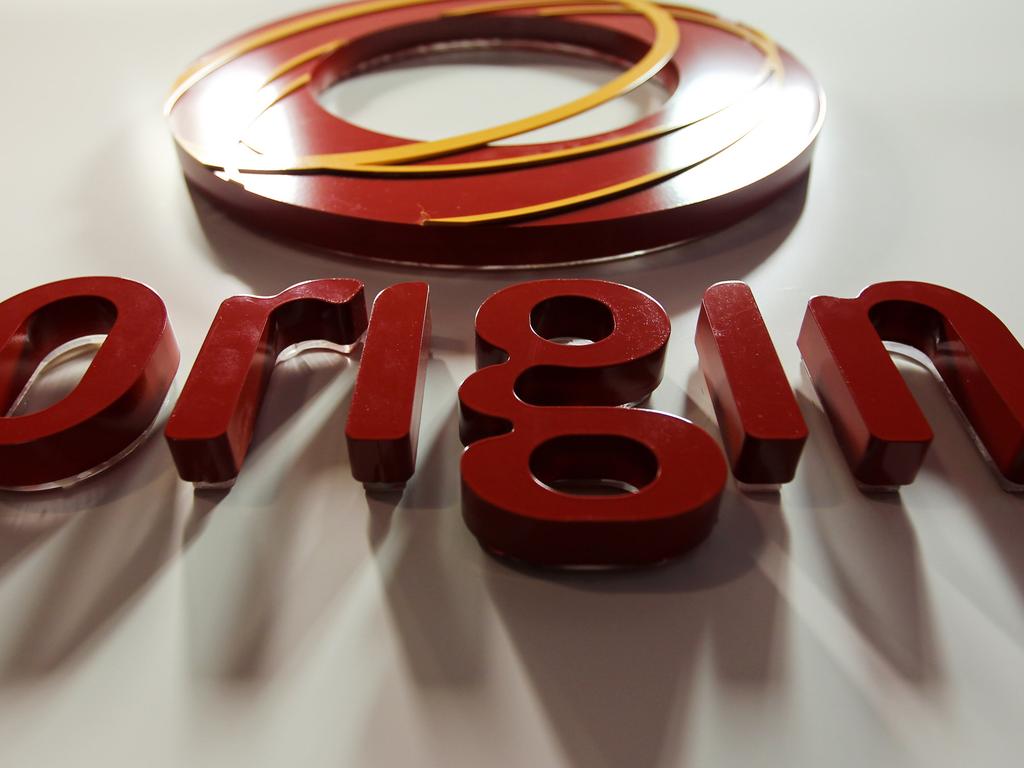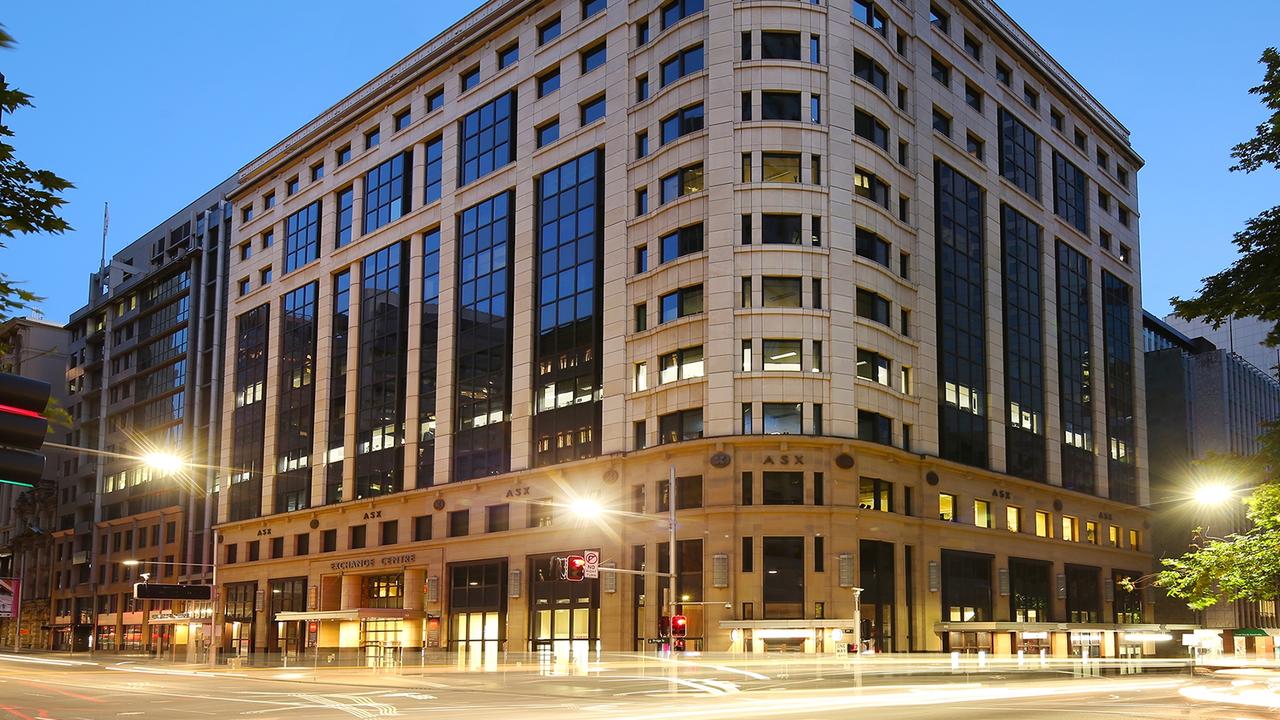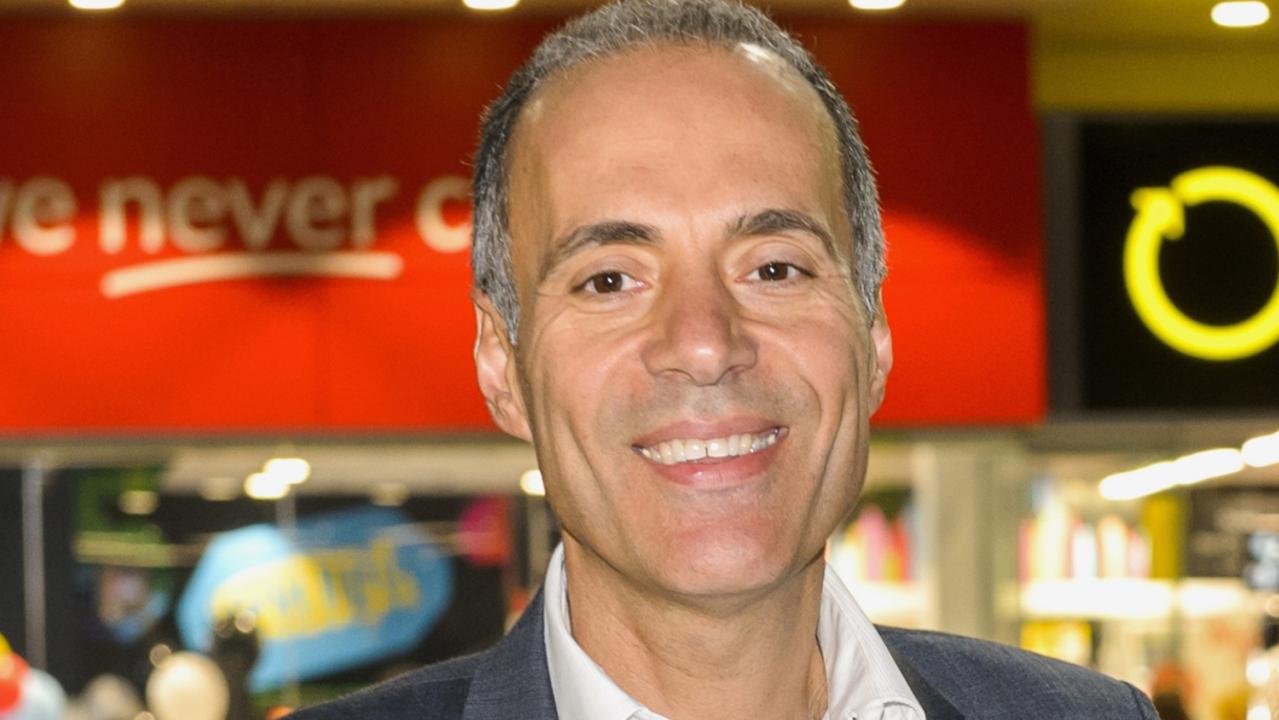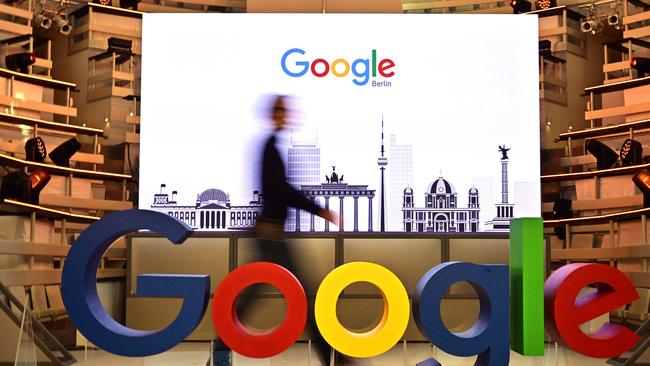
Google is considering withdrawing its search functions from the Australian market if it doesn’t get the changes it wants to the media industry code.
The company hasn’t publicly threatened withdrawal but is making it known that the move is a clear consequence of the imposition of the code.
Threats to walk are not great negotiating tools in the middle of supposed consultations with the ACCC and federal government over the media code but we are dealing with different market power characteristics in this case.
Google, which controls over 90 per cent of the digital advertising market, last year earned $4.3bn in revenues in Australia, up from $3.7bn the prior year, but its profit was just $33.9m, down from $129.5m.
Given the Australian industry code is being viewed as a test case any move to walk in the event of a regulatory setback would obviously have wide ramifications.
The federal government supports a formal code to govern the way Google and Facebook compensate media companies for their content used by the platforms.
The potential threatened withdrawal from the Australian market would be designed to be seen globally as a consequence of the action.
One issue of any such move would be the reaction of foreign governments given the US and Europe are also looking at legal claims against Google.
By effectively thumbing its nose at Canberra, having previously done the same to the French government, question how the US and EC might react.
Presumably governments are bigger and more powerful than Google but maybe that is what is being tested.
The move commercially would also be risky because while it dominates search at over 95 per cent of the market, by withdrawing it would open the door to rivals including Amazon, Bing and Duckduckgo.
The latter’s commercial operations would improve dramatically with more use and in the process ultimately pose a threat to Google’s main revenue source which is advertising.
Search is a primary source of data for Google which is then used to boost its dominant digital advertising business. If its data collection is compromised then it won’t be able to dictate terms to advertisers in the same way and hence it would lose revenues.
Just what the balance is would be a question for Google to decide but at the very least the implied threats highlight the value of news to the platform and are an implicit admission of the need to have access to news to drive its search use.
Google has specific problems with parts of the code like the fact it needs to provide 28 days notice of algorithm changes to the news companies.
Google argues by way of example a publisher like News has multiple titles and an algorithm change which is relevant to, say, The Australian may not be relevant to another publication. An answer is to simply notify News which can work it out for itself.
In any case the idea of the draft code was to allow discussion on individual items to ensure when the code is up and running it works fairly and efficiently.
Google and its multiple legal teams are working through each fine point to ensure its concerns are answered,
But maybe if it doesn’t like the end game then it shuts its local search functions which means Australians would get to use rival offers from Bing, Duckduckgo, Yahoo and Amazon.
Crunch time at AMP
As flagged the AMP has said it would release the report prepared by UK barrister Andrew Burns SC into sexual harassment charges against its newly appointed AMP Capital head Boe Pahari.
The board is giving the complainant the right to review the report before releasing it but as she has already called for its release it should not be an issue.
The board commissioned the report in 2017 when the complaints were first made and the report is understood to have said five of the eight charges were not substantiated while the other three were. This is what AMP told shareholders so some independent clarity is welcome and the backdown at least shows the board is listening to concerns.
It reviewed the matter and fined Pahari before later promoting him to his present job as head of AMP Capital.
This makes it impossible for the board to fire him on this matter which means any Pahari departure would be expensive.
The fine is understood to be a multiple of the $500,000 reported but AMP won’t say. Pahari’s annual bonus in 2017 was $2m and the fine came in several buckets.
The release of the Burns report is the first defence for the board.
With the document public as requested by Allen Gray and other shareholders they can decide whether the board took the right decision.
At the moment there is just one side of the story in public and it is damning of Pahari and the board.
When David Murray took the AMP chair in 2018 he championed accountability and respect for authority, and when Francesco de Ferrari took the CEO job later that year he was crowned as the last best hope.
Banducci bake out
Woolworths boss Brad Banducci talks about adjacencies which is management talk for businesses on the fringe of the main game that you can grow.
Prepared food supplier City Kitchen, data analytics firm Qantium and meal kit provider Marley Spoon are all examples and on Wednesday Banducci acquired 77-year-old food service provider PFD to add to the list.
With earnings before interest tax depreciation and amortisation of $57m, it equates to around 1 per cent of Woolies’ earnings so the dial isn’t moved and just where it goes from here is the question.
The ACCC will take a close look in part because PFD supplies his ALH pubs and convenience stores and restaurants and in part because the two can leverage better supply terms.
PFD was started in the Melbourne fish market 77 years ago by the Smith family who will control 35 per cent when the deal is done.
Banducci will own the property and talks up the 68 distribution centres, 75 trucks and 39,000 customers, which will help him roll out his local store ambitions with different offers to different Woolies stores around the country.
Having consolidated distribution with Qube at Moorebank this one is about local supplies and supplier leverage.
The main game is supermarkets and next week will reveal if Banducci has again come in second behind Steven Cain at Coles.


